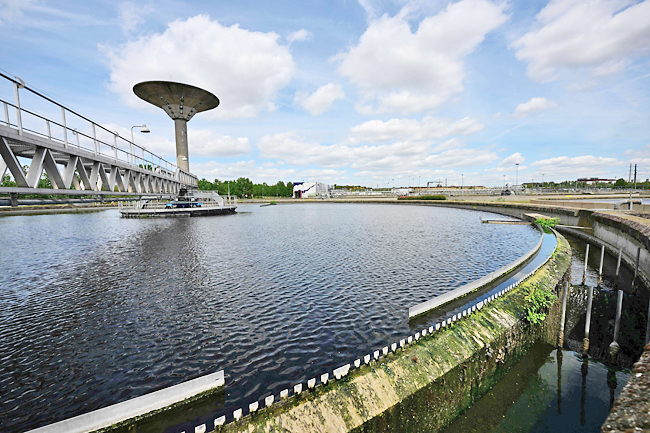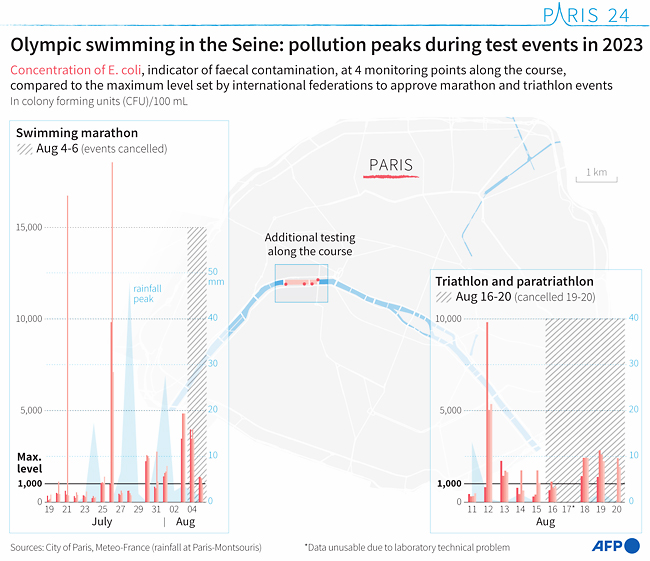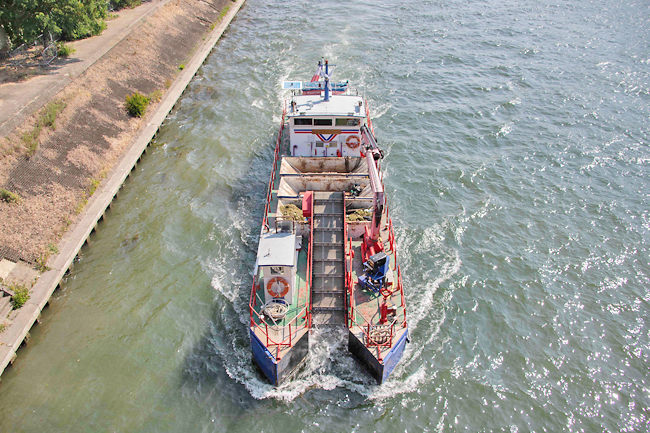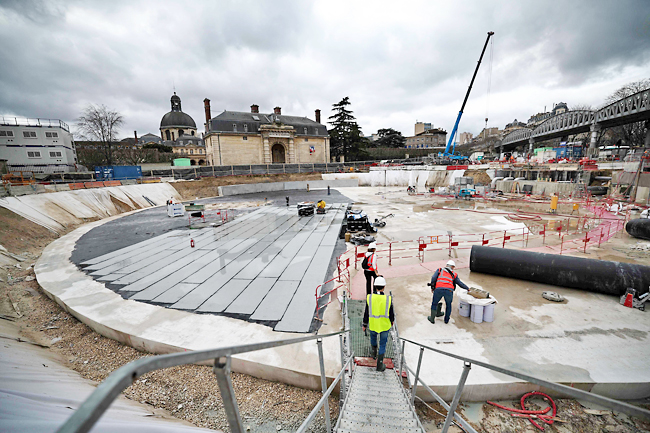PARIS (AFP) – Organisers of the Olympic and Paralympic Games in Paris can be forgiven for feeling a little queasy over their commitment to hold open water swimming in the spectacular but not quite yet pristine river Seine.
Last August, the swimming marathon test events were cancelled because the water was too dirty, as were the swimming legs on two of the four days of triathlon and para-triathlon tests.
The city of Paris has insisted “there is no plan B”.
The course for the men’s and women’s 10-kilometre events will start at the iconic Pont Alexandre III bridge and, with the Invalides and Eiffel Tower in the background, head one kilometre down river past other famed attractions, including the Musee d’Orsay and the Grand Palais.
Perhaps appropriately, it passes the newly-renovated Paris Sewer Museum before looping back. The triathlon swims are shorter and will turn back sooner.
It is a route chosen to showcase the beauty of Paris.
It is also politically symbolic: swimming has been banned in the Seine since 1923 but various Paris mayors have vowed to open it up.
In 1990, when he was mayor before becoming French president, Jacques Chirac promised the river would “soon” be clean enough to swim in and that he would celebrate by taking a dip. He never did.




The current mayor, Anne Hidalgo, a vigorous promoter of green initiatives, has also promised she will take the plunge before the Olympics start and that the public will be allowed to swim at three locations by 2025.
City officials argue that the quality of the water has improved, but none of the samples collected between June and September 2023 met European standards on the minimum quality of water for swimming.
The big problem is faecal matter. The bacteria in the water increases sharply when heavy rain sweeps debris and untreated wastewater into the river from the banks and overflowing drains and sewers.
The city tests the water at 14 points. In 2022, water quality at three of them was judged to be “sufficient” but had deteriorated by last summer.
The open-water swimming last August was cancelled after heavy rain – the worst in nearly six decades, according to officials – sent E. coli readings to six times the target level set by World Aquatics.
The city of Paris insisted they had “learned” from the sampling problems at the test events.
National and local authorities have also invested EUR1.4 billion (more than USD1.5 billion) in five projects designed to store and clean the water, which are due to come on stream in the next few weeks.
According to a Paris city official, the failed tests for the team triathlon and, two weeks later, the para triathlon swimming were caused not by rain but by a “valve malfunction” in the Paris sewage system.
The weather remains the “main risk”, officials concede, with the main fear being “exceptional rainfall”.
Even so, if new water treatment and storage projects “had been ready, we would have had no problems at the test events last August”, insisted the city’s deputy mayor Pierre Rabadan.
The only backup plan for the swimming is postponing the events by a few days.
“There is no option to move the event, the triathlon and open water swimming will be held in the Seine next year,” head of the Paris 2024 organising committee Tony Estanguet said after the cancellations last August.





